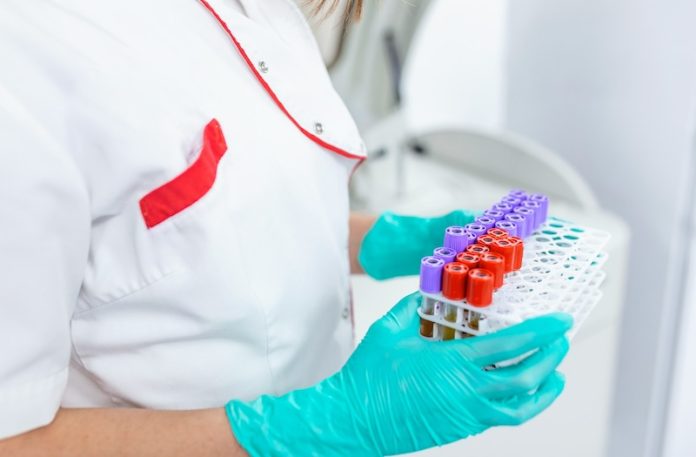
When it comes to managing cholesterol levels, most advice focuses on diet and exercise. However, the liver’s role in this process is less often discussed, despite its crucial function.
The liver is not just a filter for toxins; it’s also the main organ responsible for producing and clearing cholesterol in the body.
In this review, we explore the intricate relationship between the liver and cholesterol, backed by scientific research, to provide insights into how this vital organ influences cholesterol levels and overall heart health.
The Liver: Cholesterol’s Production Factory
The liver is the central hub for cholesterol management. It produces cholesterol, a type of fat essential for various bodily functions, including the formation of cell membranes, vitamin D, and hormones like estrogen and testosterone.
Although cholesterol comes from some foods, the liver produces the majority of the body’s supply.
How the Liver Manages Cholesterol
The liver doesn’t just produce cholesterol; it also converts it into substances that the body can use. One of the liver’s key roles is to package cholesterol and fats into tiny particles called lipoproteins. These particles come in two main types:
- Low-density lipoproteins (LDL), often dubbed ‘bad’ cholesterol, can deposit cholesterol on the walls of blood vessels, leading to plaque formation and heart disease.
- High-density lipoproteins (HDL), known as ‘good’ cholesterol, help remove cholesterol from the bloodstream, transporting it back to the liver for excretion or reuse.
Balancing these two types of cholesterol is crucial for cardiovascular health, and the liver plays a pivotal role in maintaining this balance.
The Impact of Liver Disease on Cholesterol
Liver diseases can significantly impact cholesterol levels and distribution. For instance:
- Fatty liver disease, including non-alcoholic fatty liver disease (NAFLD) and its more severe form, non-alcoholic steatohepatitis (NASH), can alter cholesterol metabolism. Studies have shown that NAFLD is associated with increased levels of LDL cholesterol and decreased levels of HDL cholesterol, exacerbating the risk of cardiovascular diseases.
- Hepatitis and cirrhosis can also affect cholesterol levels, typically leading to reduced levels of total cholesterol, including both LDL and HDL. However, the impact varies depending on the disease’s severity and type.
Diet, Lifestyle, and Medications: Modifying the Liver-Cholesterol Axis
Dietary Changes
A diet high in saturated and trans fats can prompt the liver to produce more cholesterol, raising LDL levels. Conversely, a diet rich in fruits, vegetables, whole grains, and healthy fats can help manage cholesterol production and improve liver health.
Lifestyle Modifications
Regular physical activity can enhance the liver’s ability to manage cholesterol, increasing HDL levels and decreasing LDL levels. Avoiding excessive alcohol consumption is also crucial, as alcohol can damage liver cells, affecting the liver’s ability to regulate cholesterol.
Medications
For some, dietary and lifestyle changes might not be enough to manage cholesterol levels effectively. Statins, a class of drugs that lower cholesterol levels in the blood, work by targeting the liver, reducing its production of cholesterol.
Conclusion: A Vital Relationship for Heart Health
The connection between the liver and cholesterol is a critical aspect of cardiovascular health. By understanding this relationship, individuals can take proactive steps to support both liver health and cholesterol balance through diet, lifestyle changes, and, when necessary, medication.
Keeping the liver healthy not only supports its vital functions but also maintains a healthy balance of cholesterol, thereby reducing the risk of heart disease.
As research continues to unveil the complexities of the liver-cholesterol link, it becomes increasingly clear that a healthy liver is a cornerstone of overall well-being and heart health.
If you care about heart disease, please read studies about a big cause of heart failure, and common blood test could advance heart failure treatment.
For more information about heart health, please see recent studies about a new way to repair human heart, and results showing drinking coffee may help reduce heart failure risk.
Copyright © 2024 Knowridge Science Report. All rights reserved.



